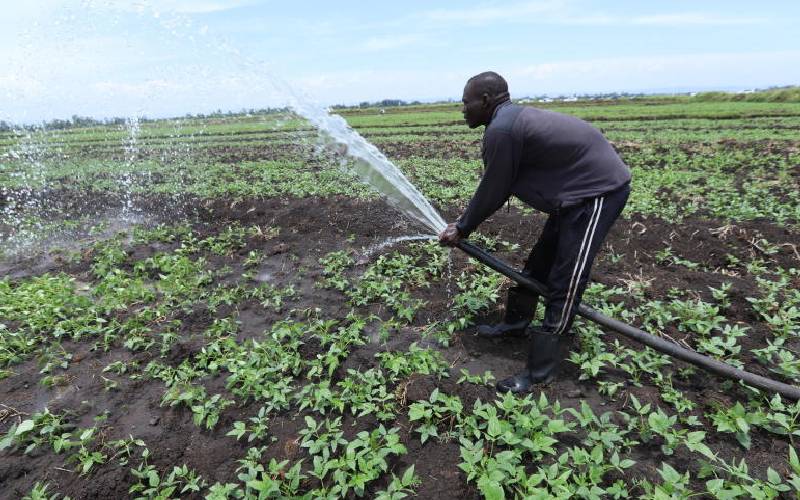×
The Standard e-Paper
Fearless, Trusted News

High acidity in the soil (low PH) block’s plants ability to uptake nutrients available in the soil.
Did you know that too much use of conventional fertilisers have the opposite effect — making your soil barren?